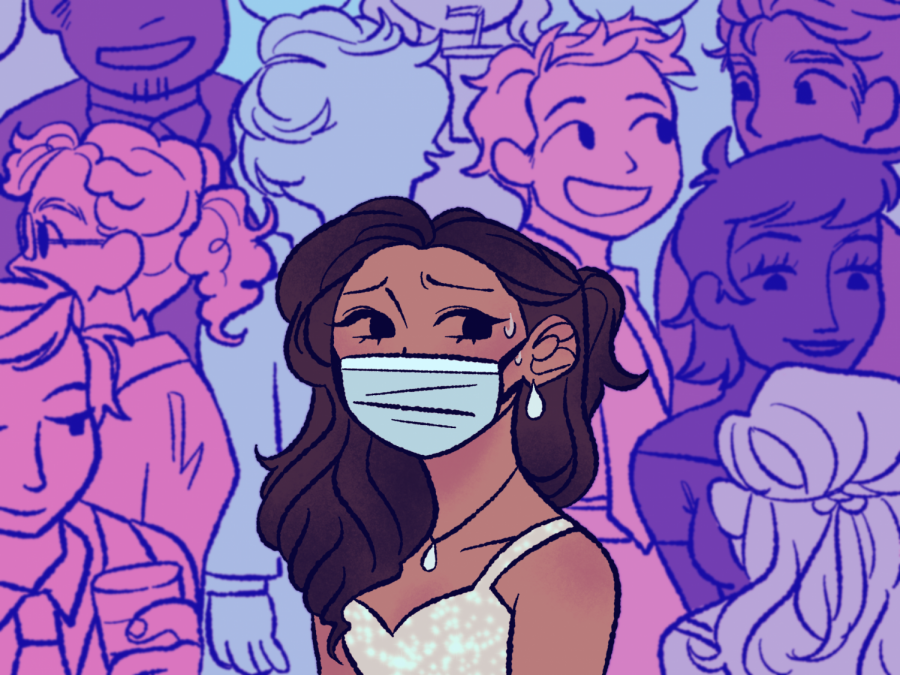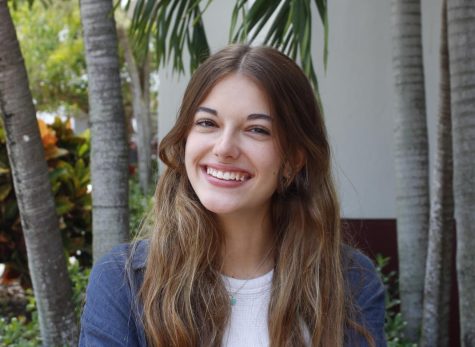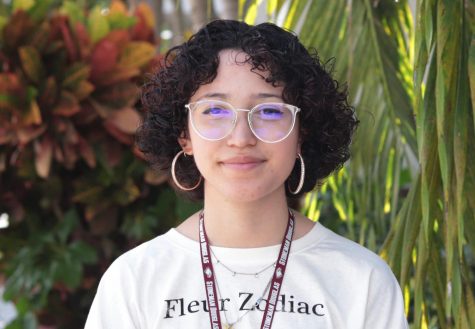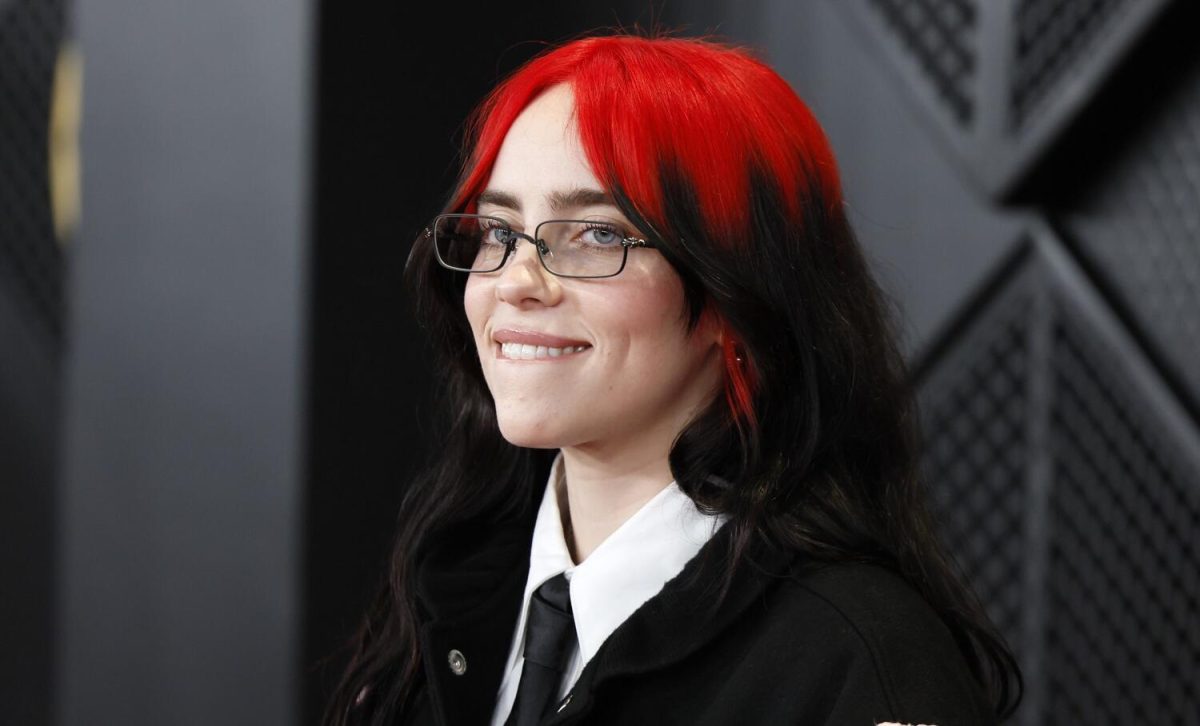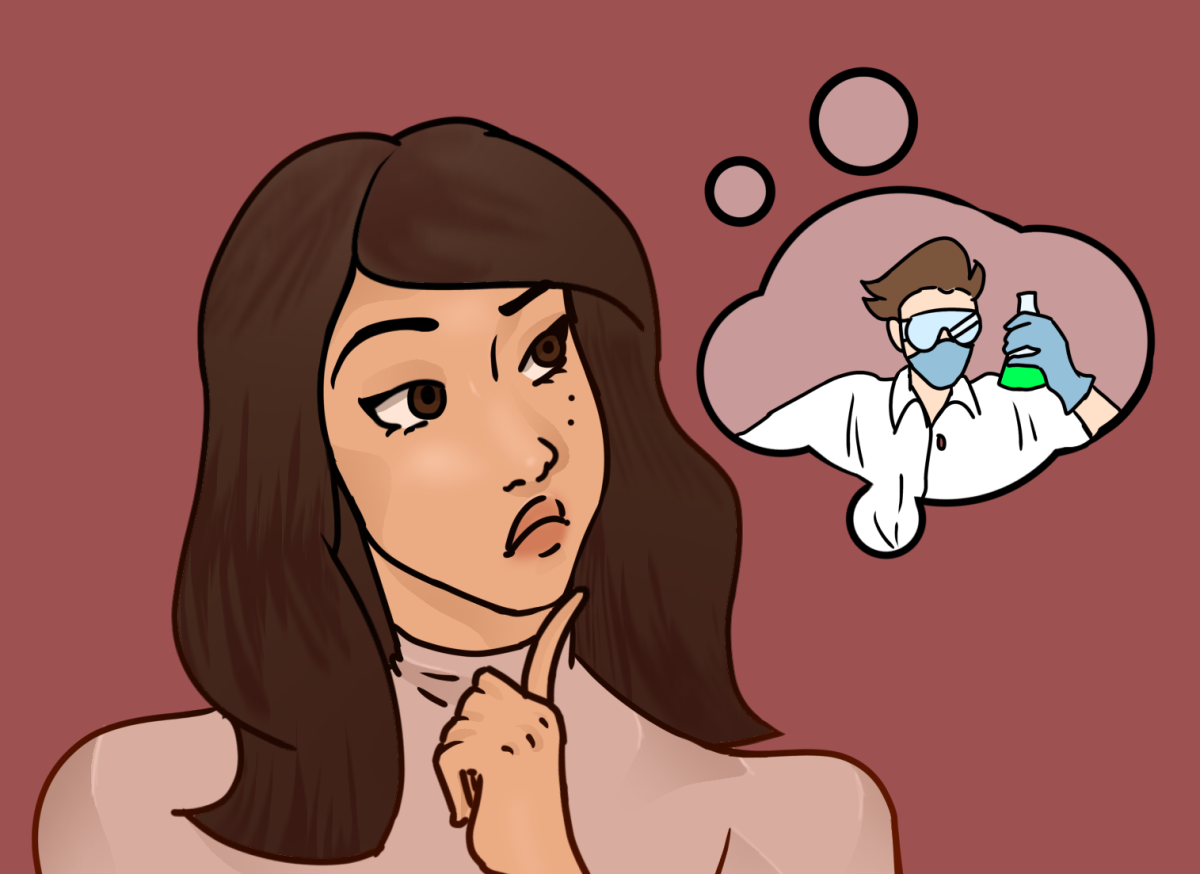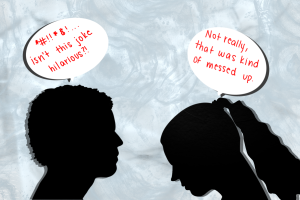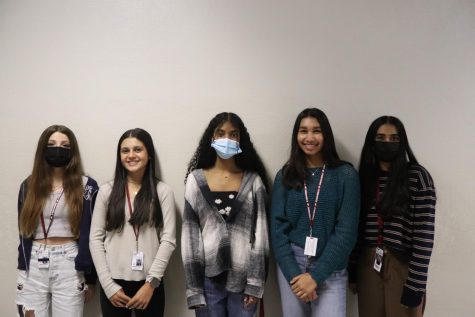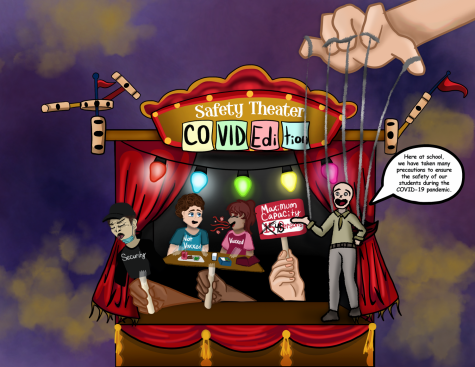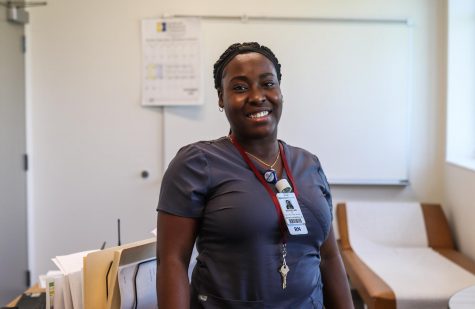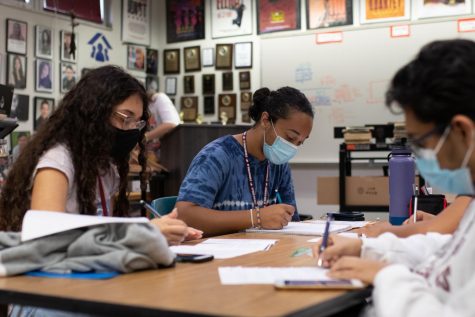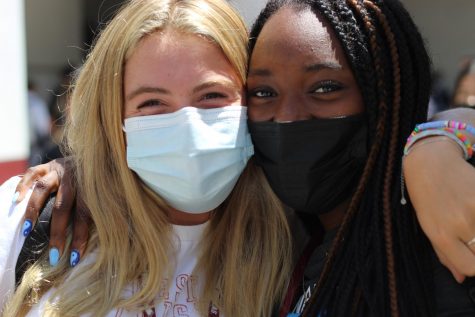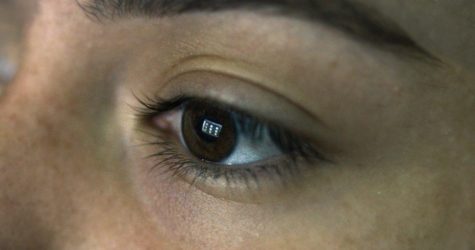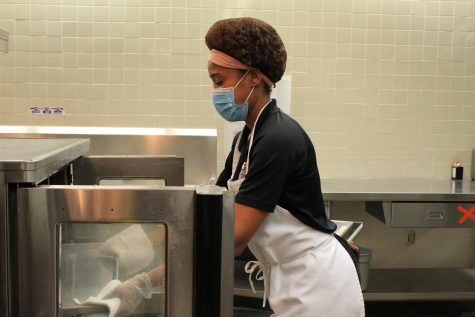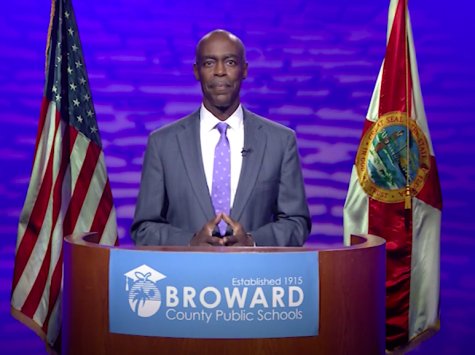[Opinion] Homecoming puts the health of students and families at great risk
With the prevalence of the COVID-19, a homecoming dance puts all attendees and their families at severe risk.
September 20, 2021
Like most high schools, Marjory Stoneman Douglas High School is partaking in its beginning of the school year homecoming spirit week and dance.
The festivities will take place from Sept. 13 to Sept. 17, with its dance on Saturday, Sept. 18, held at the Marriott Harbor Beach in Ft. Lauderdale.
Homecoming is a tradition celebrating school spirit. However, for some, it’s a choice between everlasting memories or contracting COVID-19. Not all students and their families are lucky enough to attend a jam-packed party without facing possible repercussions, like spreading COVID to their families and others.
Although masks are mandatory all throughout the evening, it is difficult to control all 1,000 students at the event. MSD’s homecoming will also be serving food, since homecoming occurs during typical dinner time hours, from 7-11 p.m. While food is served, swarms of students will be unmasked, all without the use of social distancing.
Again, there are always outliers, those who refuse to mask up during the event, putting others at risk for their selfish wants of not wanting to wear a facial covering. Masks severely reduce the transmissions of COVID-19, in some situations even blocking transmissions by 70%.
The refusal to wear a mask puts not only the non-wearer at risk but also all those around that individual. And regardless of if one is vaccinated or not, they could still carry the virus without experiencing the symptoms.
Being vaccinated definitely reduces the risk of grave effects of COVID-19, however it does not prevent one all together from getting ill.
Some students’ families are not fully vaccinated due to having siblings younger than Pfizer guidelines. Children ages 12 and younger are not permitted use of the Pfizer vaccine, setting back high-risk and cautious families. Also, the number of students who are fully vaccinated is unknown. Those at higher risk for COVID include people of older age, those with lung issues, heart disease and more.
Not to mention the after-parties and extra events students will host following the homecoming party. After-parties are commonplace, and some students plan on throwing parties at their homes. It can be inferred that none will be socially distancing or masking up.
Although students and staff wish to return to a sense of full normalcy in school and its events, it is physically impossible to reach that status currently, due to the fluctuating COVID-19 cases throughout the globe and vaccination restrictions.
As of Sept. 12, the state of Florida has distributed 31,395,555 vaccines. Florida, as of 2021, has a state population of 21,944,577. Since vaccines like Pfizer and Moderna have two doses, only 72% of Florida is fully actually vaccinated.
Homecoming can also be grave for students and families that are high-risk, for example those who live with their grandparents or have a medical condition, since COVID-19 puts them at a crucially higher for severe health implications, or even potentially hospitalization.
Not only for the current global and local COVID-19 status, as well as for the rising COVID cases, put students at too much risk. As much as having a normal homecoming is desirable by the masses, that’s just not viable in a state like this.

